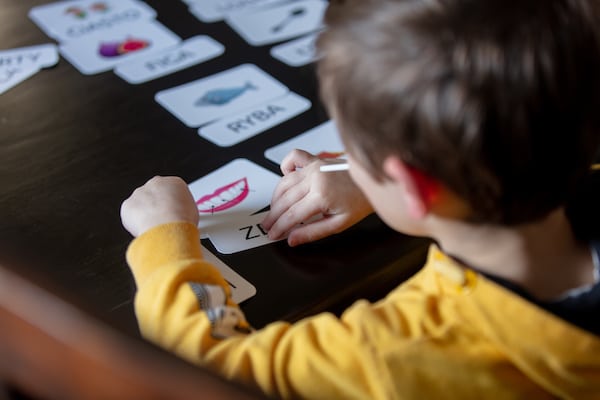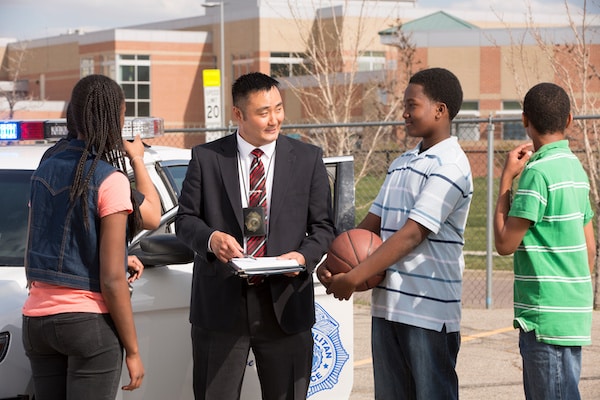The foundation of a child’s educational journey, especially for those with autism, is forged through the partnership between family and school. The unique needs, strengths, and challenges of autistic children necessitate a close working relationship between parents and teachers. This guide offers strategies for parents to effectively collaborate with school educators, fostering their autistic child’s academic and social development.
Strategies for Parents to Effectively Collaborate with School Educators
- Prioritize Open Communication
Regular Check-ins: Schedule frequent meetings, formal or informal, to stay updated on your child’s progress, challenges, and any behavioral or academic changes.
Share Insights: Your intimate understanding of your child’s strengths, triggers, and preferences is invaluable. Sharing this information with teachers helps them tailor their approach.
- Participate in Creating an Individualized Education Plan (IEP)
Active Involvement: Engage in developing and reviewing your child’s IEP. Your contributions ensure it’s customized to their needs.
Periodic Reviews: As your child evolves, regularly reassess the IEP to align with their changing needs.
- Provide Resources and Suggest Training
Share Materials: Offer educators articles, books, and other materials that have been insightful in understanding and supporting your child.
Advocate for Training: Recommend autism-specific training for the school staff, benefiting not just your child but others with similar needs.
Recent Posts
- Preparing for Back to School with a Child with Autism: A Comprehensive Guide for Parents
- Exploring Effective ABA Therapy Techniques for ASD
- Keeping Children with Autism Safe Around Water: Essential Tips and Strategies
- Increasing Safety and Understanding: Navigating Interactions Between Law Enforcement and Autism
- Comprehensive Resources for New Jersey Residents with Children with Autism
- Ensure Consistency Across Environments
Uniform Routines: Aim for consistency in routines between home and school. This aids in a seamless transition for your child.
Strategy Sharing: If certain methods (like visual schedules) are effective at home, share these with your child’s teachers.
- Promote Social Engagement
Social Stories: Create narratives that help your child understand and navigate social situations.
Encourage Group Activities: Advocate for playdates and group tasks that enhance social skills.
- Be an Active Advocate
Seek Support: Don’t hesitate to ask for additional resources or accommodations, such as classroom aides or therapeutic support.
Request Modifications: Advocate for classroom adjustments like noise-cancelling headphones or designated quiet spaces.
- Focus on Progress Over Achievement
Celebrate Small Steps: Acknowledge and celebrate even the minor milestones, such as increased eye contact or mastering a new skill.
Patience is Key: Remember that progress might be gradual. Value the journey as much as the end results.
Building a collaborative relationship with your child’s educators is a dynamic process, filled with challenges and learning opportunities. By maintaining open communication, actively participating in educational planning, and advocating for your child’s specific needs, you help pave the way for a fulfilling and successful educational experience for your autistic child.
AGBS provides ongoing care for children, adolescents, and young adults with autism to improve the quality of their lives. If you would like learn more about how AGBS can help please contact us here , or call 908-913-0443.





